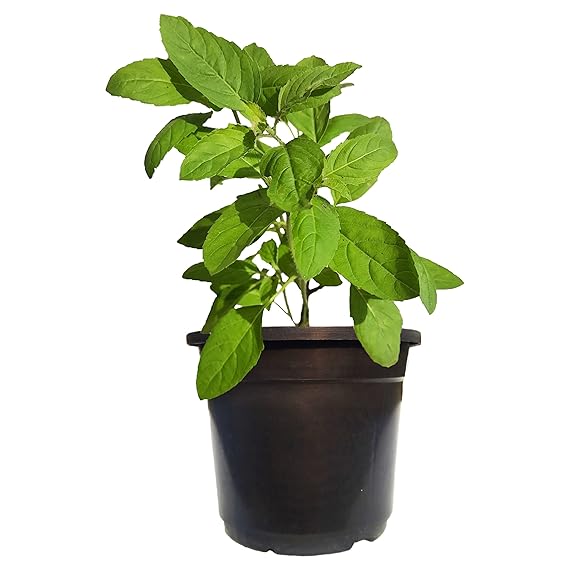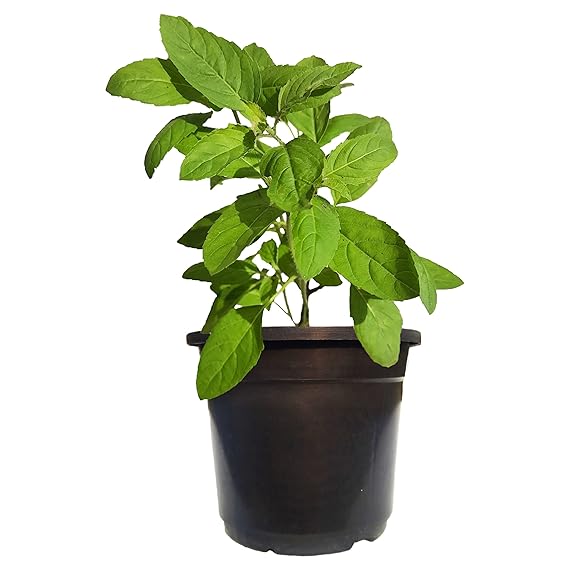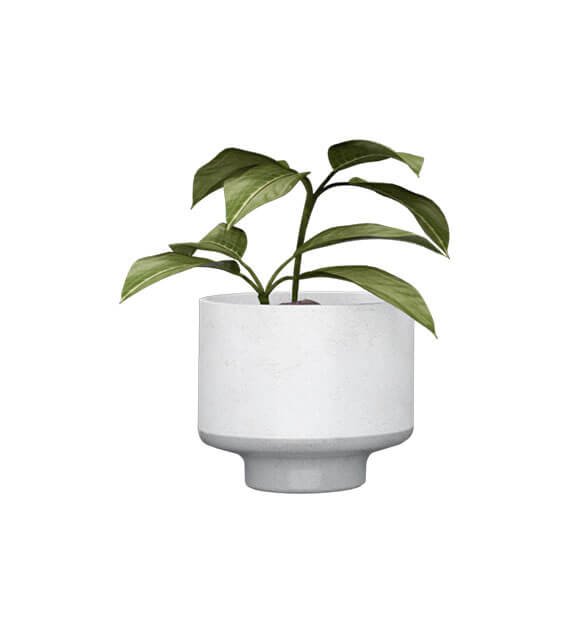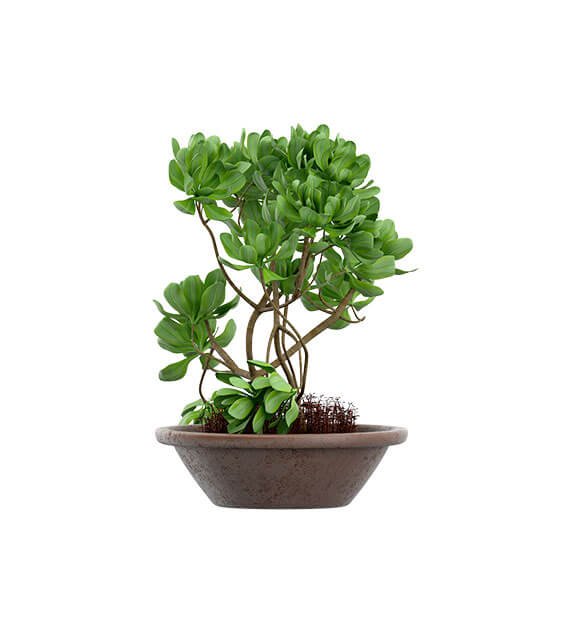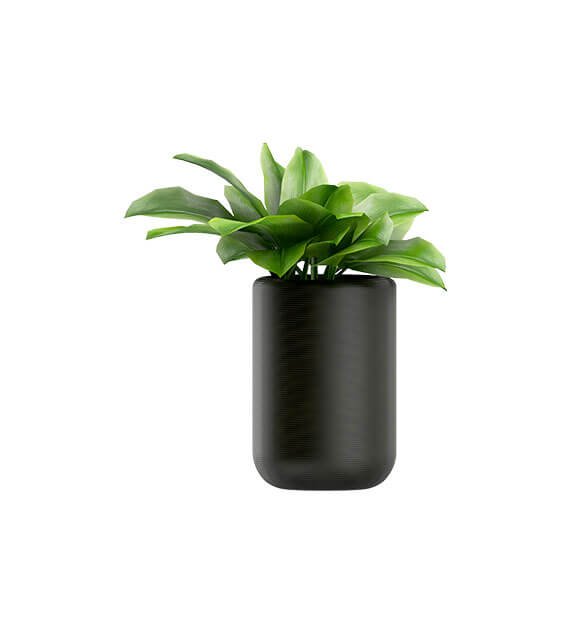KRISHNA TULSI PLANT
About The Products
Description
- Krishna Tulsi is part of routine worship and has a scientific background as the plants possess antimicrobial and antiviral properties and purify the air.
What makes it special:- Have a traditional value.
- Krishna Tulsi have medicinal property.
- Attractive purple colour flower
- Krishna Tulsi purify the air.
- Krishna Tulsi belongs to the Lamiaceae family. Krishna Tulsi has traditional as well as medicinal importance. Krishna Tulsi tastes good and provides gentle stimulation to body, mind and spirit. Krishna Tulsi is Purple leaf T
- Tulsi and is famous for its peppery, sharp, crisp taste.
- Its leaves and dark stems are dark in purple color. Tulsi flowers are small having purple to reddish color, present in small compact clusters on cylindrical spikes.
- Plant Specifications
|
Plant Height |
12 inch (30 cm) |
|
Plant Spread |
4 inch (10 cm) |
*above specification are indicative only. actual dimensions may vary by +-10%
|
Common Name |
Krishna, Shyama Tulsi |
|
Maximum Reachable Height |
Up to 60 centimeter |
|
Flower Colour |
Purple. |
|
Bloom Time |
year-round. |
|
Difficulty Level |
Easy to grow. |
Planting And Care
|
Sunlight |
Natural bright light. |
|
Watering |
Poke your finger/plain small stick into the soil to check the moisture. Water when topsoil (1-2 inches) feels dry to touch. Water thoroughly in the summer and reduce watering in winter and rainy season. |
|
Soil |
Soil should be well drain and fertile, rich in organic content. |
|
Temperature |
Up to 35-degree Celsius |
|
Fertilizer |
Apply any organic fertilizer. |
|
Harvest Season |
The first harvest is done after 90 days of planting and subsequently, it may be harvested every 75 days interval. |
Krishna Tulsi Plant Uses
- Medicinal Use:
- Krishna Tulsi is used in treating low energy, ulcers, vomiting and diarrhea or as an overall tonic
- The powder of the dried Krishna Tulsi root, taken in milk, ghee or as a decoction, is recommended to treat malarial fever as an analgesic application to the bites and string of insects
- The herb improves resistance to stress and has a normalizing influence on blood pressure and blood sugar imbalances
- Tulsi is likely to prove prophylactic against the negative effects of environmental toxins, including cancer
- The plant is also richly endowed with bioavailable antioxidants, vitamins A and C and calcium
- It has marked insecticidal activity against mosquitoes
- Tulsi leaves contain a bright yellow volatile oil which is useful against insects and bacterial
- The principal constituents of this oil are eugenol, eugenol methyl ether and carvacrol
- The oil is reported to possess antibacterial properties and acts as an insecticide
- Note: The following information is general guidelines, be sure to ask your healthcare provider for guidelines
- Culinary Use:
- Krishna Tulsi fresh leaves Add to salads, fruit dishes, jellies, preserves and sweetbreads
- Krishna Tulsi uses in Thai cooking in stir-fries with hot peppers, chicken, pork and beef
The dried leaves are an ingredient of Ethiopian spice mixtures

